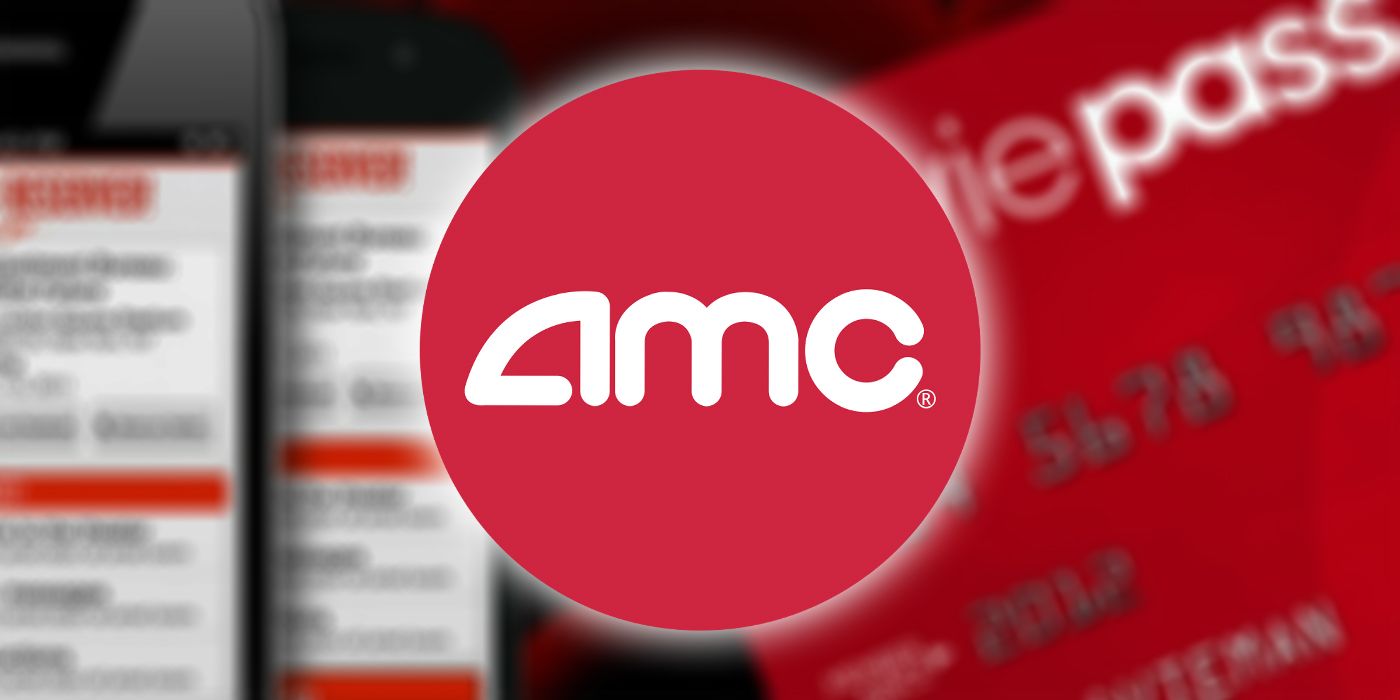MoviePass financial losses are actually higher than previously reported. Back in 2017, the subscription service generated plenty of attention when it sliced its monthly cost down to $9.95, allowing moviegoers the opportunity to see one film in theaters per day for an excellent price. Unsurprisingly, MoviePass saw their user base exponentially expand shortly after the announcement, but just about everyone knew the business model was unsustainable since MoviePass was covering the full price of millions of tickets. The bubble finally burst last year, as the company attempted to institute several controversial changes to stay afloat.
The last several months have been extremely tumultuous for MoviePass, as they've tried to reinstate canceled accounts without user permission, found themselves under investigation by the New York Attorney General, and continued to bleed money. More recently, they introduced tiered subscription plans and want to bring back their famed unlimited plan. Unfortunately, they're still going through some troubled times, and MoviePass is in worse shape than initially thought.
Related: A Timeline of the MoviePass Meltdown
According to THR, in the quarter ending on September 30, MoviePass' parent company Helios and Matheson generated $74.7 million in revenue and suffered $93.1 million in losses. Previously, it was reported there was $81.3 million made in revenue and $86.4 million in losses. The primary culprit for the discrepancy in figures was subscription numbers.
Last summer, MoviePass became a mess after it blocked new wide releases from its app and instituted a limit on the number of movies users could see per month. As a result, there were mass cancelations as people looked for other options. AMC's Stubs A-List was launched at just the right time and was able to capitalize on the MoviePass controversy. Though the A-List costs more, it offers a wider variety of perks (including the ability to preorder tickets online) and is a more stable model. It didn't surprise anyone when the A-List exceeded expectations and proved to be very successful. Since that service (and other MoviePass alternatives like Sinemia) are still going strong, there's little incentive for people to go back to MoviePass.
It'll be interesting to see how (or if) MoviePass rebounds moving forward. A lot of work has to be done for them to reestablish trust with customers, as the brand took a considerable hit during the fallout. Curiously enough, none of the other major chains have started their own A-List variants yet, so there'd likely still be some interest in MoviePass if the company could prove they've ironed out a longterm solution to their problems and can be reliable. For Helios and Matheson's sake, hopefully that comes to pass. It's easy to make jokes about MoviePass' downfall, but it still provided a great service and encouraged audiences to head out to the theater. It'd be nice to see it come back strong.
More: The Best MoviePass Alternatives
Source: THR


